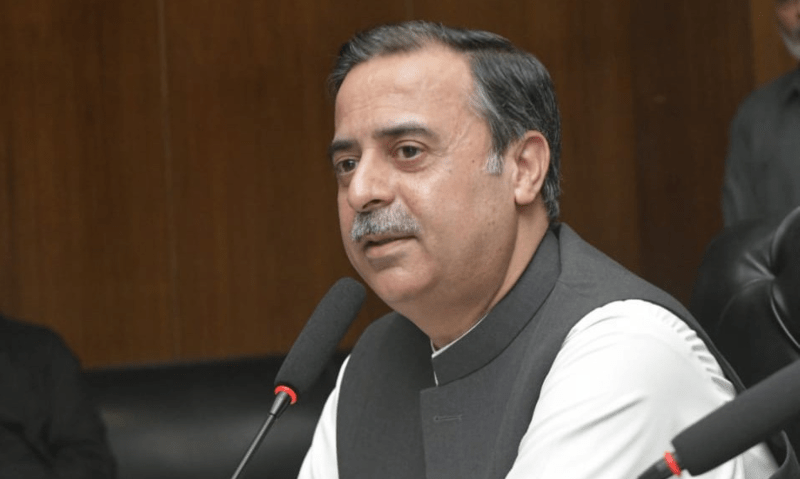Islamabad: In the midst of a dead point in negotiations on the government’s decision to prohibit land trips to Iran for pilgrims during Arbaeen, Imam Husain’s Chehlum, the maritime ministry plans to launch a ferry service to facilitate the trips of Zaireen (pilgrims) to Iran and Iraq.
However, the detailed road map is expected to end in the coming weeks.
On Friday, Maritime Affairs Minister Muhammad Junaid Anwar Chaudhry requested the rapid launch of the first Pakistan ferry service, highlighting the need for immediate reforms to license procedures and financial facilitation for operators.
These reforms are aimed at guaranteeing trips in the sea affordable, supporting pilgrims and increasing maritime connectivity.
In a meeting with the general director of shipments and ports, Alia Shahid, the minister highlighted the benefits of Sea Travel, noting that Ferry’s services could offer a reliable and profitable travel option for Zaireen to go to Iran and Iraq.
“Beyond tourism and business, this service can greatly facilitate religious trips. We can offer pilgrims a safe, affordable and efficient option for their trips,” Chaudhry said.
He also emphasized the possible economic benefits of the service, noting that every year, between 700,000 and one million Pakistani trips from Zaireen to Iran and Iraq. If 20 percent of these pilgrims opt for Ferry services in the first three years, it could result in 140,000 to 200,000 passengers annually, which represents significant economic potential.
The meeting also revealed that interested parties consultations, even with private operators and regional maritime authorities, are underway. Viability studies and regulatory frameworks are being completed, with an expected pilot launch in the coming weeks.
“If it is effectively implemented, this service could become a new vital transport link throughout the region,” said the minister.
To optimize the process, the minister instructed that the Ferry license process be digitalized and integrated completely into the Pakistan’s single window platform, similar to the existing ship registration process. He specifically ordered that the current six -month license period is reduced to just one month.
“There is no justification for a half -year delay,” he said. “We must eliminate bureaucracy and act decisively.”
In an effort to attract private sector participation, the minister also asked to explore flexible financial models for Ferry operators.
“Our goal is to support, not Hinder, entrepreneurs who want to invest in this sector,” he added.
The Ministry of Maritime Affairs has proposed a hybrid financial model, where the country’s financial management system is based on bank and insurance guarantees to support the company.
Falt -Stock on Earth’s Travel Prohibition
Meanwhile, the dead point continues between the federal government and the political groups that represent the Shiite community about the prohibition of land trips for pilgrims.
The negotiation team, which included Nasir Shirazi, Allama Ahmed Iqbal Rizvi and Asad Naqvi by Majlis Wahdat-i-Muslimeen (MWM) and Allama Shabbir Meesami, Alifa Arif Wahidi and Zahid Akhunzada of the Shia Ulema Council (SUC), presented a proposal in writing to the Ministry of Interior of the Interior of the Interior of Thursday.
The proposal requested the immediate reversal of the government’s decision to prohibit land trips to Iran for pilgrims.
The Government has been urged to facilitate the movement of around 80 buses stranded in Quetta to reach the Gabd-Primdan border crossing. However, the government’s response was delayed, since the key officials were occupied with security meetings before the arrival of the Iranian President (today).
As a result, neither the Minister of State for the Interior nor any senior official of the Ministry of Interior could meet with the Joint Delegation of MWM and SUC.
A negotiation team member said they were waiting for the government’s response and that they would announce their future strategy after the government’s decision.
“The government must take this matter seriously. We want the problem to be resolved through dialogue, so that pilgrims can travel to Karbala,” said Nasir Shirazi, general secretary of MWM.
“But it seems that the authorities do not understand the pressure we are, and many pilgrims also belong to the School of Thought of Ahle Sunnah.”
Posted in Dawn, August 2, 2025








